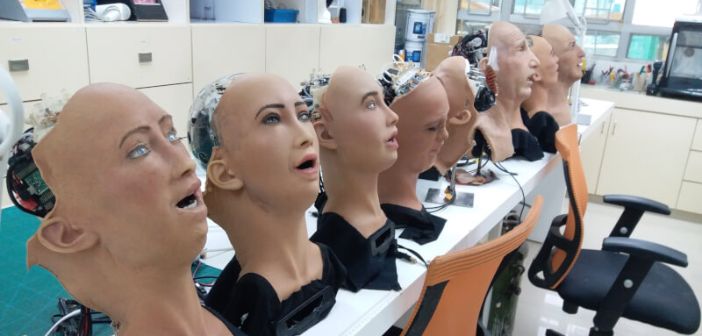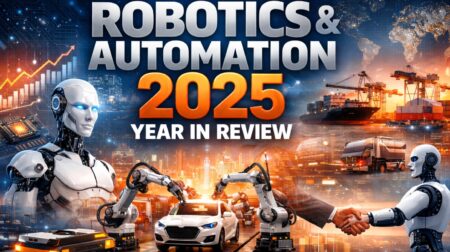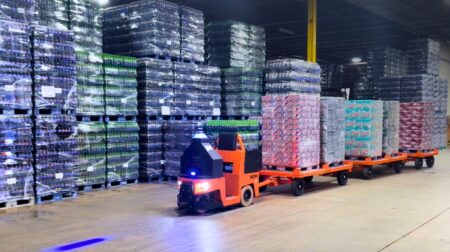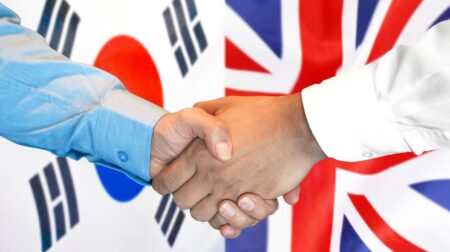A humanoid medical assistant has been developed by Awakening Health to support Covid-secure medical and elder care needs.
The joint venture between Hanson Robotic (HR) and AI company Singularity Studio has adapted the Hanson Sophia 2020 robot platform and SingularityNet’s (SNET) blockchain-based AI to help elderly users while meeting social distancing protocol implemented following Covid-19.
Awakening Health said Grace can provide cognitive stimulation, intuitive communication, and secure gathering and management of patient data for use in advanced machine learning and next-gen medicine.
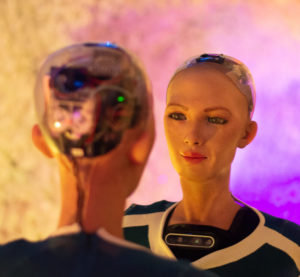
Reportedly the world’s first human-like robotic assistant, Grace can help support healthcare workers and serve as a telepresence intermediary to prevent the potential transmission of disease to medical staff.
According to the joint venture, the humanoid can recognise emotions, converses closely to a human level within appropriate contexts, and shows perpetual empathy toward patients without becoming tired or stressed.
Furthermore, the robot medical assistant can recognise a voice in a number of languages, detect whether that voice is a man, woman or child, and identify if it has interacted with a person previously. It also has grasping hands and arms capable of drawing, painting and other tasks.
An alpha prototype, which will be tested in 2021, will combine AI-powered character robots with animated personality to engage patients naturally and emotionally. The technology has integrative AI spanning natural language dialogue under the partnership of a successful biotech commercialisation platform.
David Lake, Awakening Health CEO, said: “This merging of the tech and medical arena is an important initiative by the world’s leading robotics and AI team.
“Following years of serving university research, museums and other industries, HR launched Sophia 2020 for R&D and B2B applications. Now Grace allows for quick deployment with existing hardware, AI and charm to serve the healthcare industry.”
In developing the AI technology for Grace, SNET has completed medical research in fields including Alzheimer’s and Parkinson’s. Ben Goertzel, SNET founder, said: “Grace is the perfect interactive biodata capture interface for our Open Cog and SNET platform.
“Her comforting and human manner relaxes patients and allows for important collection of biodata to assist patients, provide much needed support and lead to major discoveries in areas like neural degenerative diseases.”
HR robots have previously been used in autism treatment, elder care research and safety testing at the US Centres for Disease Control and by SNET AI for disease analytics and therapeutic dialogue.
The joint venture is now developing strategic partnerships in the USA, China and South Korea to certify user requirements and testing in existing facilities.

